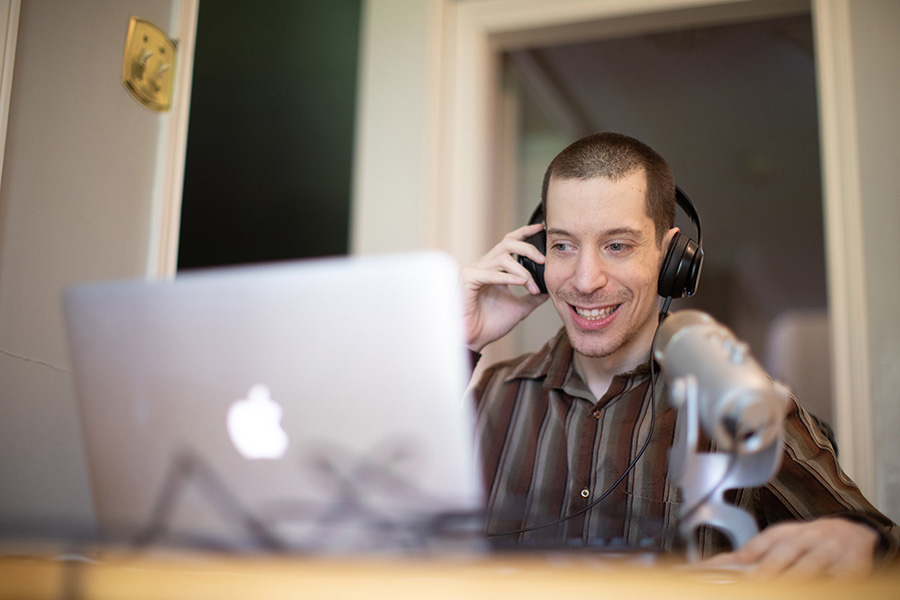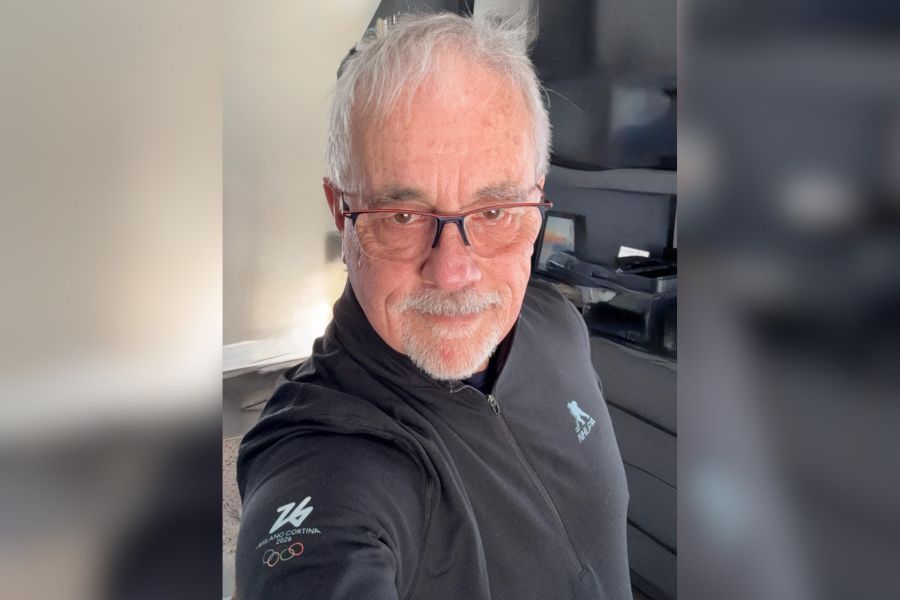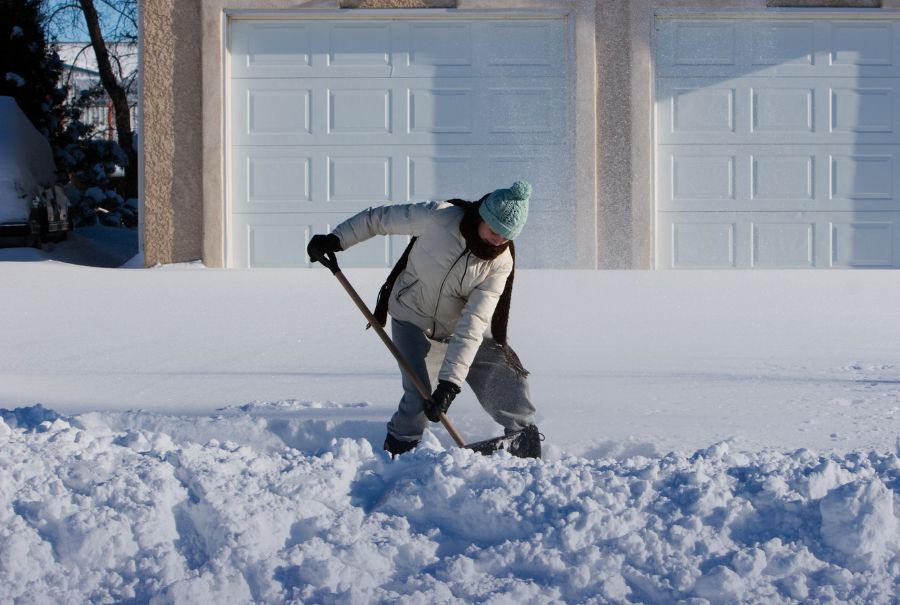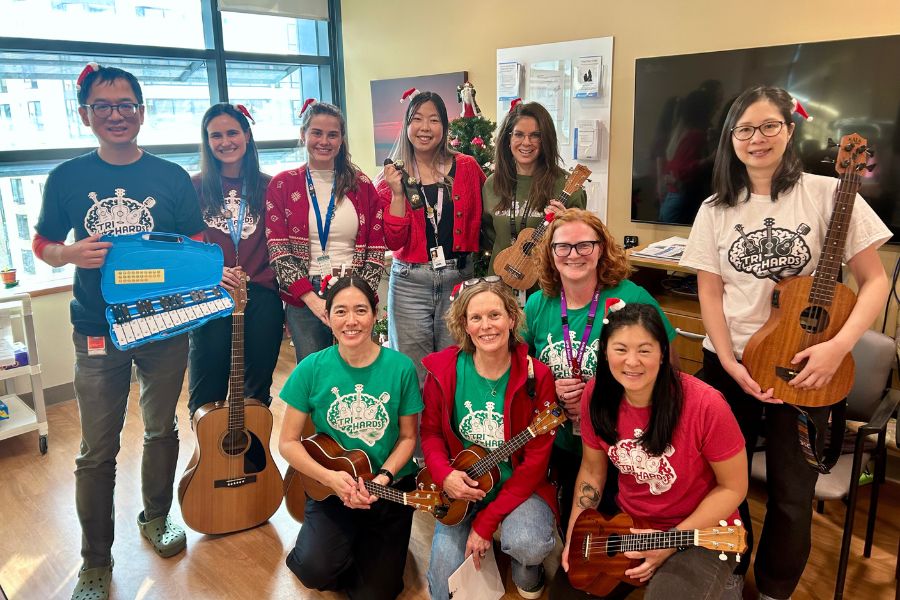
Kosta Pachneris would love to get his own place.
He’s living at home with his family in Markham, Ontario – “It’s a ghost town,” he says – and would prefer to be closer to downtown Toronto and a bit more action. It might even benefit his work as a freelance blogger, content strategist and public speaker.
To plan such a move, Kosta, who has cerebral palsy, will look for advice, get connected to resources and assess the accessibility of a new home with help from the innovative LIFEspan Clinic – the name stands for Living Independently Fully Engaged.
The clinic is a unique collaboration between Toronto Rehab, Rumsey Centre, UHN’s KITE Research Institute and Holland Bloorview Kids Rehabilitation Hospital.
Staff at the clinic help young people with cerebral palsy and those with childhood-onset acquired brain injury transition out of the pediatric program at Holland Bloorview and get the support they need to live independently as young adults.
Children with complex disabilities grow up with comprehensive care that includes physiotherapy, speech therapy, community resources and other family support, but it all stops when youth turn 18. While LIFEspan is generally meant for youth between 14 and 30, there’s a certain amount of wiggle room for those who need assistance into their 30s.
“When I need help, they know what to do,” Kosta says of LIFEspan. “When you get older, a lot of things disappear, or they’re limited. When you’re in the quote-unquote real world, you’re on your own.
“You don’t have the same safety net to fall back on.”
Now 33, Kosta frequented the clinic since he was a young teen, although these days he’s there to help organize and lead upcoming youth peer initiatives. He’s made use of its range of services, which include nutrition counselling, spasticity and pain management, speech-language therapy, mobility assessment, exercise consultation and counselling.
Clinic staff have counselled him on speaking up for himself and were there to offer guidance when he first attended college at an institution that didn’t always accommodate his needs. More recently, they helped him find a naturopath to deal with an ongoing stomach problem.
Dr. Sarah Munce, a scientist with KITE and LIFEspan, whose work has been supported through a generous donation by David and Lynn Coriat to UHN Foundation, says the program bridges the gap for young adults.
“They are coming from the pediatric system, which offers wraparound care, and where they are operating as a unit with their parents or caregivers,” Dr. Munce says.
By Diane Peters

No one ever changed the world on their own but when the bright minds at UHN work together with donors we can redefine the world of health care together.


